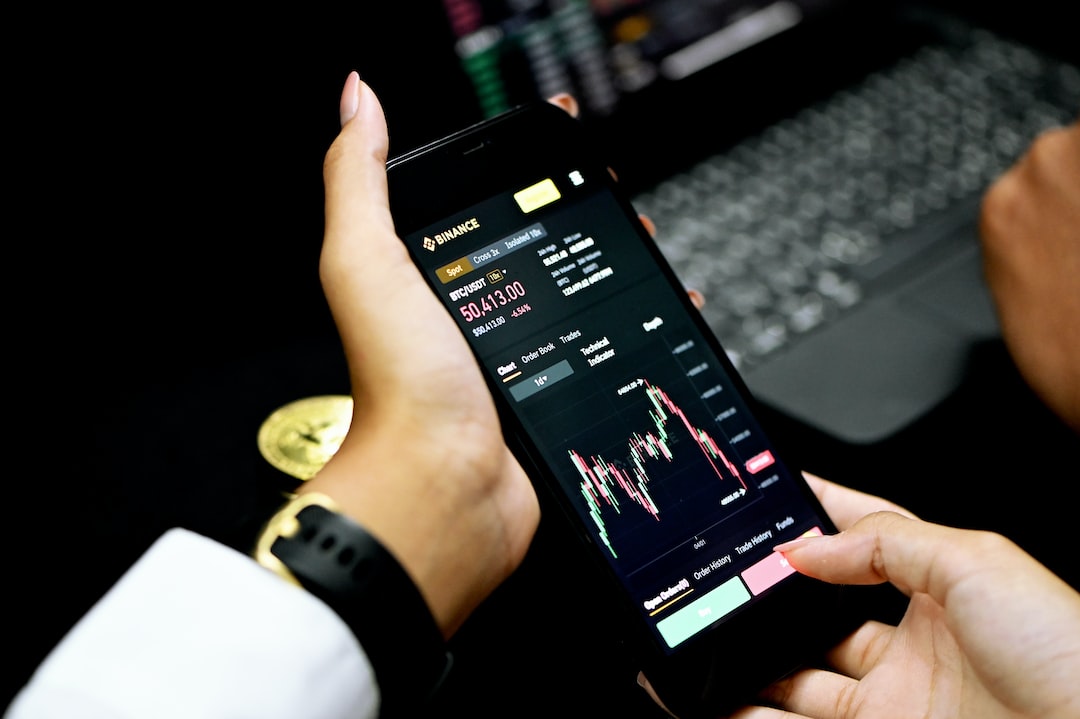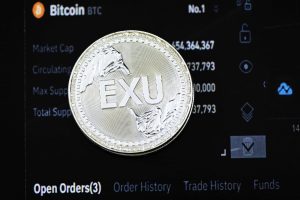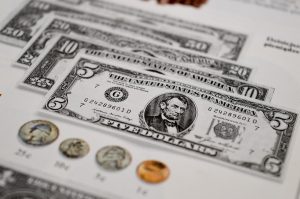The foreign exchange market, also known as the forex market, is the largest and most liquid financial market in the world. With trillions of dollars traded daily, it is a highly competitive and dynamic market where currencies are constantly shifting in value. As a forex trader, it is important to identify the strongest currencies to make informed trading decisions. In this article, we will discuss how to tell which forex currencies are strongest.
Understanding Currency Strength
Before we dive into the ways to determine currency strength, it is important to understand what it means. Currency strength refers to the value of a currency relative to other currencies in the forex market. A currency that is strong will appreciate in value against other currencies, while a weak currency will depreciate. The strength or weakness of a currency is influenced by a variety of factors such as economic indicators, political events, central bank policies, and global market sentiment.
Ways to Determine Currency Strength
1. Economic Indicators
One of the most important factors that influence currency strength is economic indicators. These indicators provide insight into the overall health of a country’s economy and can have a significant impact on the value of its currency. Some of the key economic indicators that forex traders should pay attention to include gross domestic product (GDP), inflation rates, employment data, and consumer spending. A country with a strong economy and positive economic indicators is likely to have a strong currency.
2. Interest Rates
Interest rates are another important factor that affects currency strength. Central banks use interest rates as a tool to control inflation and stimulate economic growth. When a central bank raises interest rates, it makes the country’s currency more attractive to foreign investors, which can lead to an increase in demand and appreciation in value. Conversely, when a central bank lowers interest rates, it can make the currency less attractive and lead to depreciation.
3. Political Events
Political events can also have a significant impact on currency strength. Elections, government policies, and geopolitical tensions can all affect a country’s currency. For example, a country with a stable government and policies that promote economic growth is likely to have a strong currency. On the other hand, a country with political instability or policies that discourage economic growth is likely to have a weak currency.
4. Market Sentiment
Market sentiment refers to the overall mood or attitude of traders in the forex market. It can be influenced by a variety of factors such as news events, economic data releases, and geopolitical tensions. When traders are optimistic about the future of a country’s economy, they are more likely to buy its currency, which can lead to appreciation in value. Conversely, when traders are pessimistic, they are more likely to sell the currency, which can lead to depreciation.
Conclusion
In conclusion, determining currency strength is an important aspect of forex trading. Economic indicators, interest rates, political events, and market sentiment are all factors that can influence currency strength. By staying informed and keeping an eye on these factors, forex traders can make informed trading decisions and potentially profit from currency fluctuations. It is also important to keep in mind that currency strength can change quickly, so it is important to stay vigilant and adapt to market conditions.






